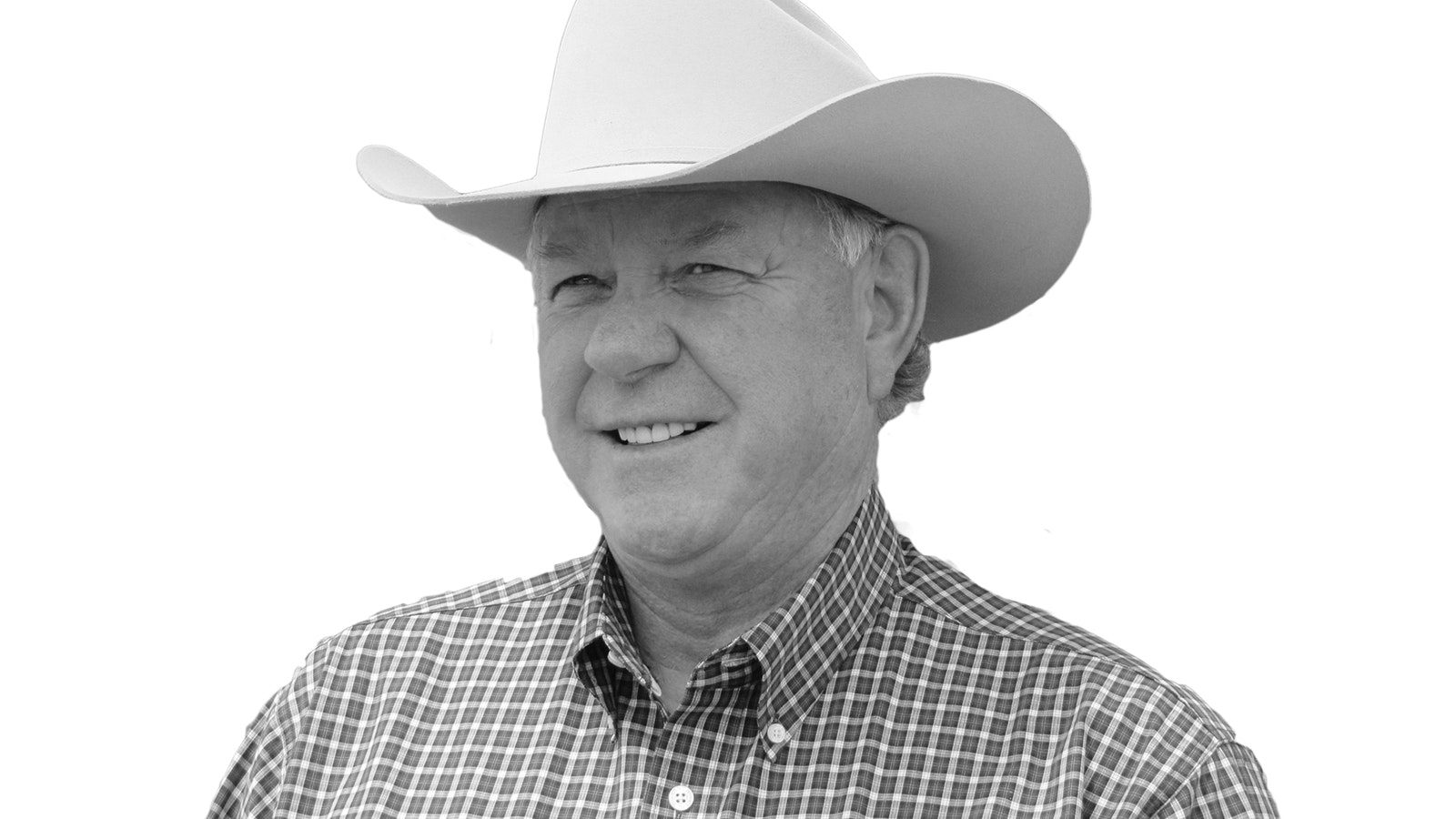Not until recent years has anyone been concerned about the foreign ownership of America’s farm, timber and rangelands. Some concerns were voiced now and then, but when the government realized a Chinese company had bought some farmland near a strategic Air Force base in North Dakota, it got everyone’s attention.
A couple years ago, the U.S. Department of Agriculture (USDA) added up the number of foreign-owned acres and most people were somewhat shocked at the number.
Foreign ownership of U.S. agricultural land doubled from 2009-19, according to USDA records, and now policymakers have become increasingly concerned about foreign control of the U.S. food supply. Both Congress and some state legislatures have initiated legislation to curb foreign ownership.
Currently, 14 states regulate foreign ownership of farmland. In our region, Wyoming and Colorado are the only states with no restrictions.
The only federal law governing these transactions is the Agricultural Foreign Investment Disclosure Act (AFIDA) of 1978. The act requires foreign entities to report transactions of farmland to the USDA and imposes steep penalties for failing to report, although these penalties were rarely enforced. The last fine imposed under the act occurred in 2014.
In 2020, USDA data showed around 36 million acres of U.S. ag lands were owned by foreign entities, which is about three percent of U.S. farmland or about the size of Iowa. Every state and Puerto Rico have foreign ownership.
Foreign entities have been buying ag lands for a number of reasons, such as food production, wind and solar, carbon offsets and speculative investments.
In 2019, 49 percent of reported foreign-owned acreage was timber lands, 25 percent was cropland, 24 percent was for pastureland and other ag uses and two percent was for non-ag uses.
USDA reports the changes in pasture and cropland holdings since 2009 were mostly due to foreign-owned wind and solar companies signing or terminating long-term leases.
A Saudi Arabian subsidiary has purchased around 10,000 acres of alfalfa hay lands in Arizona, almost one-half of the hay lands in the state. The water wells used on these lands have dried up numerous wells in the surrounding area which has really placed the locals in a bind.
In 2013, a Chinese firm purchased Smithfield Foods, which has escalated concerns about Chinese intervention in the U.S. food systems. The deal meant the Chinese now own the largest pork producer in the U.S., and at the time of the purchase, was reported to own over 146,000 acres of farmland across the U.S., as of 2015. Around 42,000 of those acres were in Missouri.
China now controls a significant portion of the U.S. pork production and revenue in addition to farmland.
When the pandemic hit, Smithfield increased pork exports to China even as the U.S. experienced widespread meat shortages due to supply chain disruptions, and then Smithfield closed some of its plants due to poor working conditions.
Ever since the 2013 purchase of Smithfield Foods, multiple bills have been proposed in Congress to provide more oversight, but the actions by the Chinese during the pandemic accelerated getting something accomplished, both in Congress and on the state level.
Private lands and companies are our right to sell to whomever we want, but we need to consider national security and our food supply security for the good of the American people.
Dennis Sun is the publisher of the Wyoming Livestock Roundup, a weekly agriculture newspaper available online and in print.





